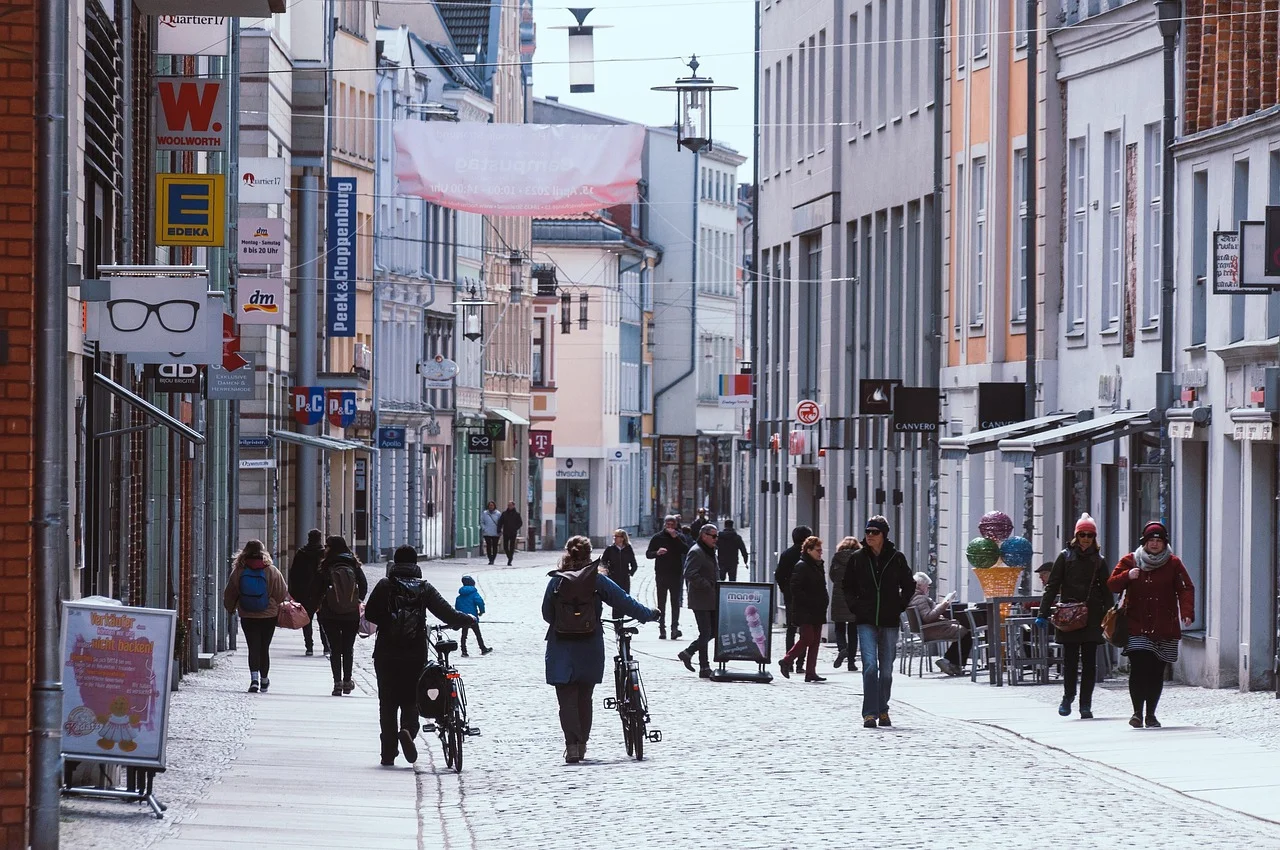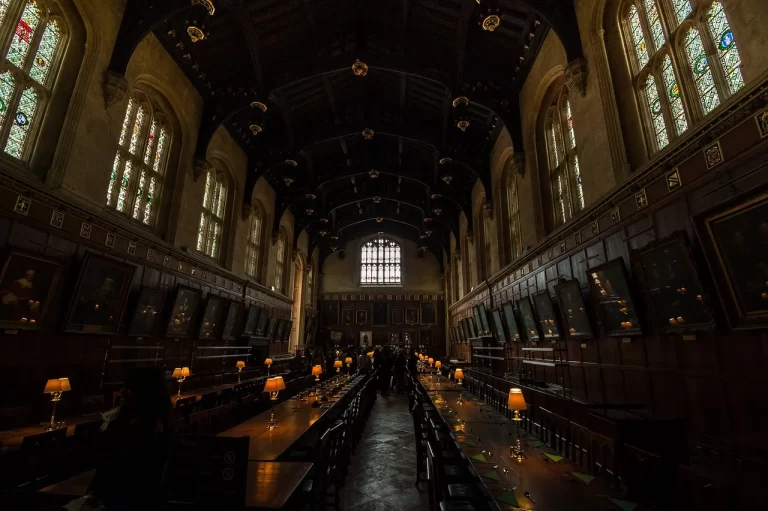Travel is often framed as an escape, a curated experience defined by itineraries, attractions, and the sense of control over one’s journey. We plan trips expecting smooth transitions and postcard-perfect memories.
Yet it’s often the unexpected—missed trains, sudden storms, wrong turns—that etches itself into our consciousness more deeply. When a trip doesn’t go as planned, it doesn’t have to be a disaster. In fact, it can become the most transformative part of the experience.
The Illusion of Control
Planning brings a comforting sense of order to travel. We book accommodations, schedule tours, and map out our days with the idea that forethought equals satisfaction. But travel, like life, resists full control. Flights are delayed, weather changes unpredictably, and local customs may upend expectations.
When things go wrong, frustration often takes over. It feels like a failure—not just of the plan, but of judgment or preparation. However, it’s precisely in these moments that we confront our own limitations and learn to adapt. The illusion of control fades, and in its place comes a sense of flexibility, humility, and sometimes even humor.
Building Resilience Through Mishaps
Unplanned obstacles reveal something essential about human nature: our capacity for resilience. Imagine arriving in a foreign city only to realize your luggage has been lost. Your clothes, comfort items, and carefully packed guidebooks are gone. In that moment, the only way forward is to improvise—buy essentials, shift your mindset, and carry on. It’s uncomfortable, yet it builds a layer of mental toughness that no guidebook can teach.
Resilience gained through travel mishaps translates into daily life. Once you’ve navigated an unfamiliar metro system during a citywide strike or found shelter during a tropical downpour, the small inconveniences of ordinary life seem more manageable. You’ve expanded your emotional range simply by pushing through the chaos.
The Lessons of Cultural Misunderstanding
Sometimes plans go awry not because of logistics, but due to cultural misunderstandings. You may offend someone unknowingly, misinterpret local customs, or fail to follow etiquette. These moments can be awkward or even painful, but they are instructive.
They remind travelers that the world doesn’t revolve around their perspective. The discomfort of misunderstanding forces a deeper engagement with the local culture. It pushes one to ask questions, listen more carefully, and observe rather than assume. In doing so, a richer and more authentic connection is formed—one that would not be possible in a tightly controlled, perfectly executed itinerary.
Discovery Through Detour
One of the most profound aspects of a derailed trip is the potential for unintentional discovery. You might miss a bus but find a tucked-away café where locals gather, or wander into a lesser-known museum while trying to find your way back. These unscripted moments often feel more memorable than the heavily photographed landmarks.
When plans fall apart, curiosity becomes your compass. Stripped of a strict agenda, you become more present, more willing to say yes to the unexpected. This openness often leads to experiences that are impossible to recreate—conversations with strangers, stumbling upon festivals, or watching sunsets in places you didn’t intend to be.
Rethinking Success
Trips are typically judged by how closely they align with expectations. But what if we redefined a “successful” trip not by what was seen, but by what was felt, learned, or changed? A failed hike due to rain might result in deep conversations at the lodge. A delayed flight might introduce you to a fellow traveler who becomes a lifelong friend.
By removing the need for perfection, we allow room for deeper satisfaction. When everything goes as planned, the trip is easy. When it doesn’t, we are challenged—and growth often follows challenge more reliably than comfort.
Facing the Self
A journey that deviates from the plan becomes a mirror. Alone in an unfamiliar place without your usual comforts or structure, your reactions become clearer. Do you panic, problem-solve, shut down, or reach out? How do you speak to others—and to yourself—in those moments?
Unplanned circumstances illuminate your patterns. Some people discover they are more adaptable than they imagined. Others face their impatience or fear of the unknown. These are powerful insights that don’t just enhance your travel experience but inform your sense of self.
Gratitude in the Unscripted
When expectations are disrupted, gratitude can unexpectedly emerge. Losing a day to illness abroad, for example, might initially feel like a waste. But it can make you appreciate the ability to walk, explore, and engage more deeply the next day. A travel companion who helps you during that time becomes a source of gratitude, strengthening your bond.
Even small comforts—like a warm meal, dry clothes, or a stranger’s kindness—feel amplified when things don’t go right. These moments, which might be overlooked in a flawless itinerary, become highlights in retrospect. They reveal how little is actually needed for contentment when we’re open to seeing it.
Stories That Stay
Years later, it’s rarely the perfect museum visit or exact hotel room you recount. It’s the night you got lost and stumbled into a street concert. The time you missed the boat and spent the afternoon learning to cook with locals. The train that broke down but led to hours of laughter with fellow passengers.
These stories endure because they are layered with emotion, vulnerability, and genuine human connection. The unpredictability of such moments makes them more powerful than scripted highlights. They reflect a version of yourself that was fully alive, responding to the present rather than adhering to a plan.
A Mindset Shift
To embrace the lessons of a derailed trip, a mindset shift is required. Instead of viewing disruptions as failures, they can be reframed as invitations. Every broken plan is an opportunity to engage more deeply—with the place, with others, and with oneself.
Preparation is still valuable, but so is surrender. Holding both in balance—planning and presence, structure and spontaneity—creates a fuller, richer travel experience. One that mirrors the unpredictability of life itself.


